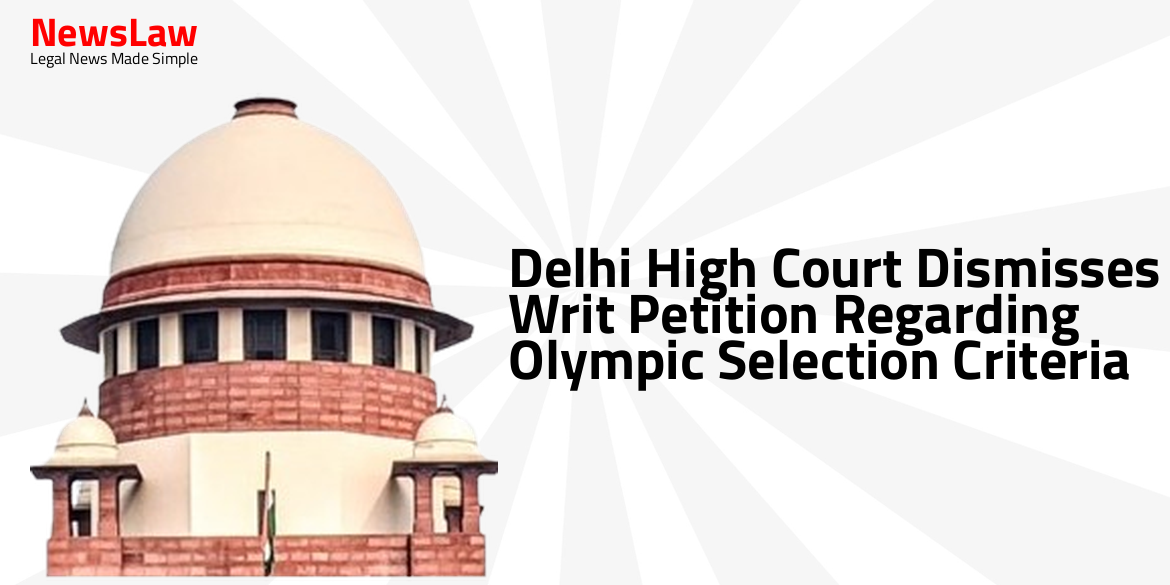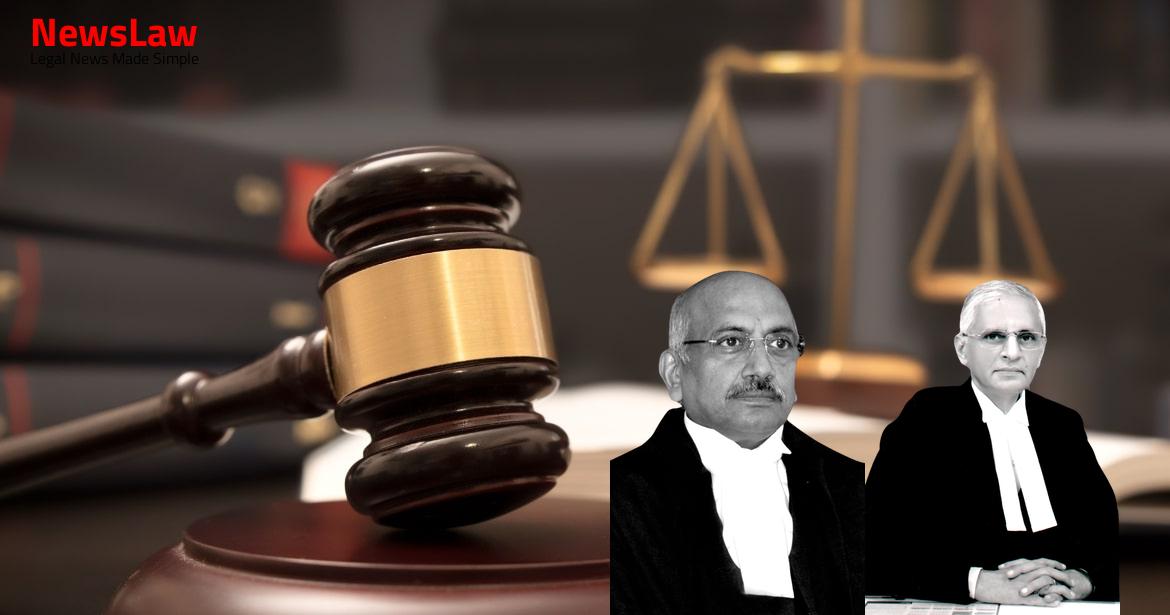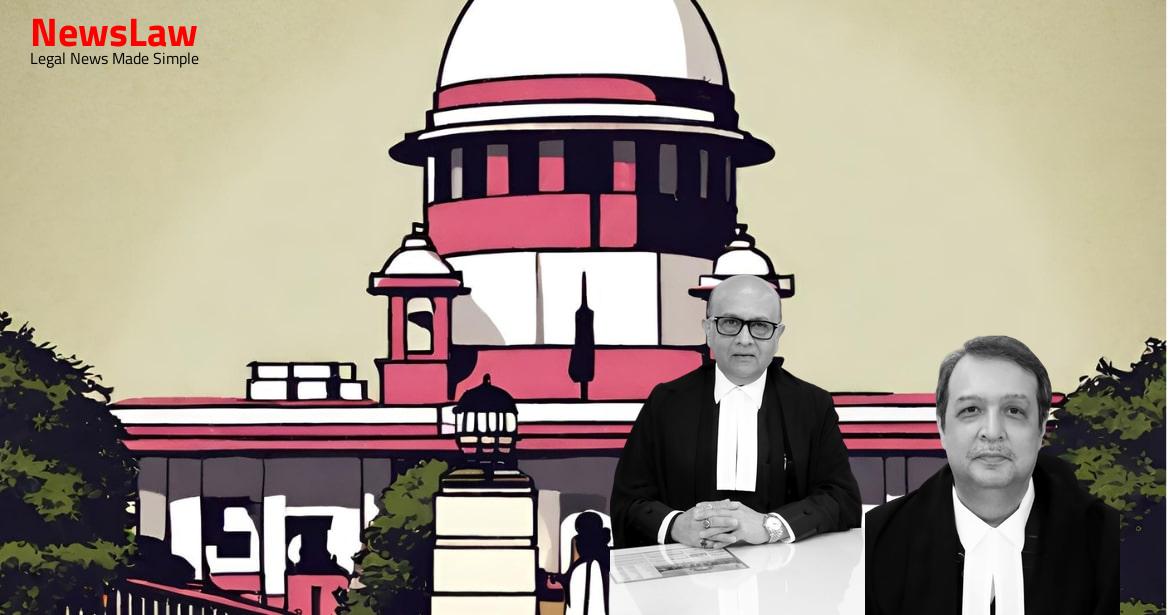In a recent ruling by the Delhi High Court, a writ petition regarding the Olympic selection criteria set by the National Rifle Association of India (NRAI) was dismissed. The petitioner, who sought inclusion in the Paris Olympic Selection Trials, was not granted relief by the court. The judgment sheds light on the court’s stance on interference in sports selection criteria, emphasizing the expertise and decision-making power of the concerned national sports federation. Learn more about the case and its implications in the legal landscape of sports.
Facts
- The Petitioner, who has a history of participating in domestic and international competitions in the 50 meter Rifle 3P women Category, was not included by the NRAI for the Paris Olympic Selection Trials.
- The Petitioner was part of the team that won a Silver Medal in the Asian Games 2022 held in Hangzhou, China.
- The Petitioner approached the Court seeking a direction to the NRAI to permit her participation in the Paris Olympic Selection Trials for the 2024 Paris Olympic Games.
- The Selection Criteria for the 2024 Paris Olympics was set by the NRAI on 10.10.2022, referred to as the ‘2022 criteria.’
- The eligibility criterion for shooters to participate in the Olympic Selection Trials was amended in 2023 to accommodate more events and provide more opportunities for participants to improve rankings.
- Shooters must meet specific criteria to be eligible for selection trials, including having a minimum of three scores in the trials for the computation of Final Average Score (FAS).
- Changes in the selection criteria were made due to alterations in the ISSF calendar and deadlines, allowing for more events and larger participation in the trials.
- The amended criteria were shared with all players, including the Petitioner, in November 2023, well before the trials, to enable informed participation.
- The selection of athletes for the Olympic Games is based on a combination of national rankings, Quotas, and Final Average Scores (FAS) calculated from the top three scores in the trials.
- The Petitioner’s request to nullify a specific trial score was declined due to missing the deadline, leading to their exclusion from the selection trials.
- Selected athletes for the trials have higher national rankings and fulfillment of eligibility criteria compared to the Petitioner, justifying their inclusion in the trials.
- The selection process prioritizes athletes with top national rankings and participation in ISSF Championships, ensuring a competitive and fair selection for the Olympic Games.
Arguments
- The selection criteria was evolved by experts.
- The court should only assess if the criteria were made in good faith and are reasonable.
- The court should not act as an appellate authority over decisions made by experts if they are reasonable and made in good faith.
- The criteria set by the concerned national sports federation for selecting candidates to represent India in international events should not be interfered with by the court.
Analysis
- The Committee of Administrators has been entrusted with all powers and duties of the Federation, displacing existing office-bearers.
- Communications with sportspersons and international bodies will be conducted only through the Committee of Administrators.
- The Committee of Administrators is authorized to issue necessary directions for the Federation’s functioning, including signing cheques.
- Existing office staff and facilities of the Federation can be utilized by the Committee of Administrators.
- Courts cannot question the selection criteria or decisions of specialized bodies like the Committee.
- Selection decisions are based on various factors, including giving chances to younger athletes for better preparedness in the long run.
- The performance at a court-ordered trial alone is not sufficient for selection.
- The Committee’s decisions are based on expertise, and courts should not interfere unless bad faith or arbitrary actions are evident.
- The decision-making process is subject to judicial review for fairness of procedure, not the decision itself.
- The selection criteria has been devised in good faith by experts in the field.
- The Committee’s decisions are made in the best interest of the country and sportspersons.
- The court cannot impose its views over decisions made by specialized committees.
- The decisions regarding sportsperson selection are based on extensive analysis and factors considered by the Committee of Administrators.
- The High Court will not interfere in the selection of athletes for sporting events unless the National Sports Federation’s discretion is shown to be arbitrary, capricious, or against established principles.
- The decision of who should represent India in a sporting event is best left to the National Sports Federation as they are the experts in the field.
- Judicial review will only occur if the decision is illogical, procedurally improper, or defies logic and moral standards.
- The court has discretionary power under Article 226 and may refuse relief even if an illegality exists.
- The Supreme Court has specified that the extent of judicial review power under Article 226 depends on the nature of the power exercised by public authorities.
- A Committee of Administrators was appointed in a Table Tennis Federation case to address irregularities within the federation.
- Courts should not substitute their decisions for those made by expert committees in sports selections.
- In a case regarding the selection of a wrestler, the court emphasized that exclusion based on performance criteria is not arbitrary.
- The court reiterated that interference in the selection criteria set by National Sports Federations is not permissible.
- Judges should not assume a supervisory role or review governance matters exclusively in the domain of other state organs.
- Judicial review should only be exercised to prevent manifest arbitrary or mala fide actions, especially in matters of policy decisions.
- The Petitioner could not improve her already achieved QROG ranking of 4 Rank.
- The decision by NRAI to not send any Indian athletes to the ISSF Final Olympic Qualification Championship was justified as maximum permissible quota was already achieved.
- 2023 Criteria is not under challenge and has a valid rationale.
- The Petitioner’s grievance regarding not being selected for the Olympic Selection Trials did not hold much weight.
- There will be no Qualification Ranking for the Olympic Games as per the clause.
Decision
- The writ petition has been dismissed.
- All pending application(s), if any, have also been dismissed.
Case Title: MANINI KAUSHIK Vs. THE NATIONAL RIFLE ASSOCIATION OF INDIA & ORS. (2024:DHC:3966)
Case Number: W.P.(C)-5438/2024



